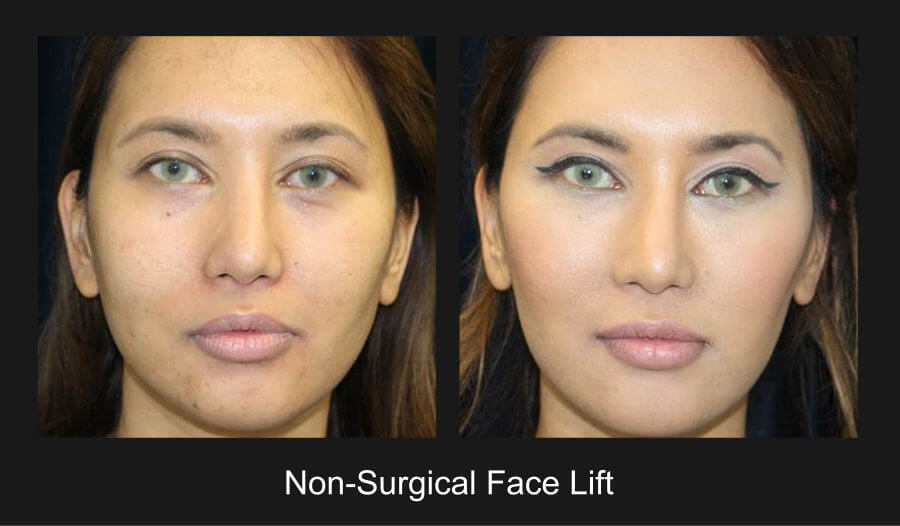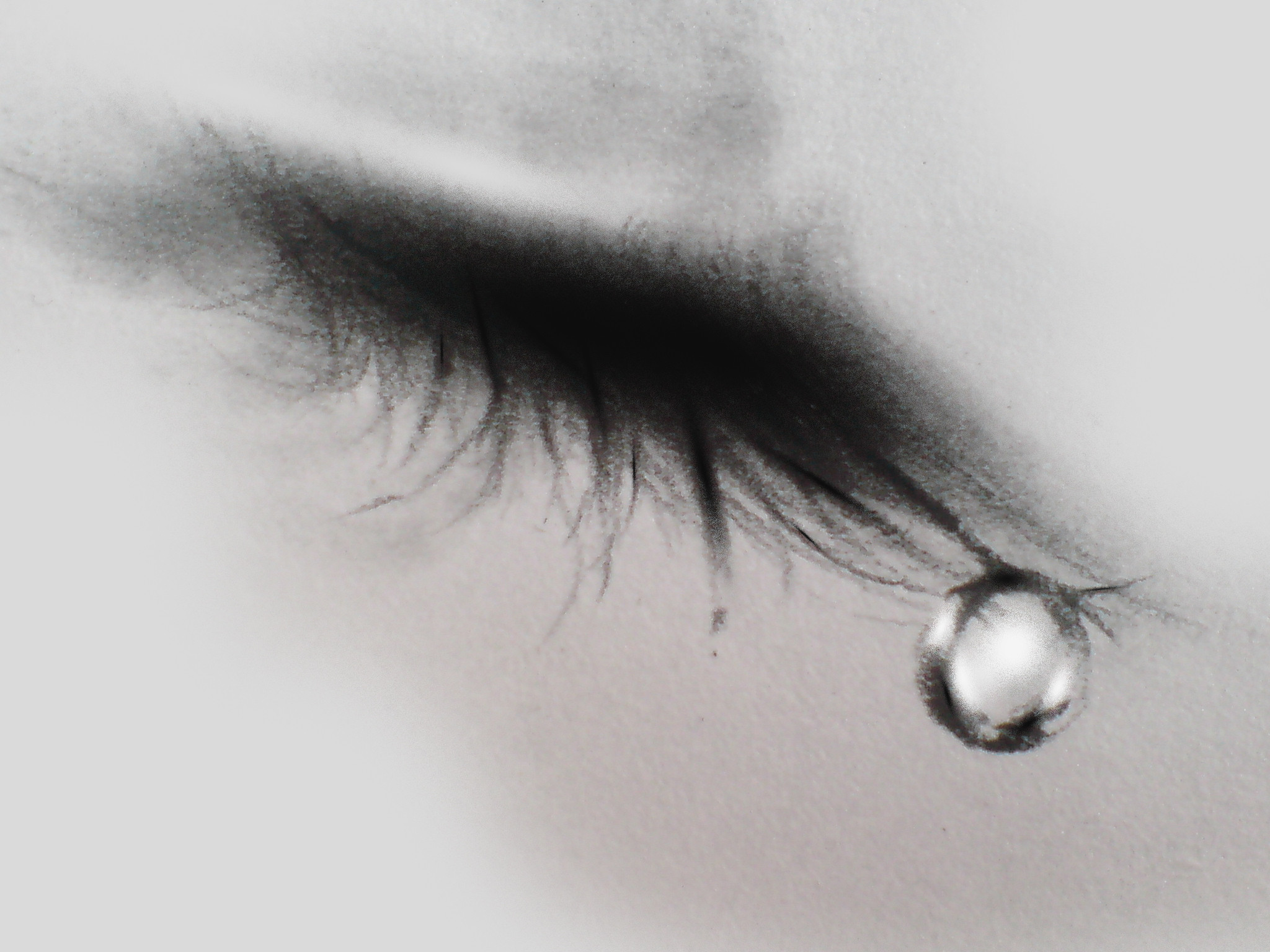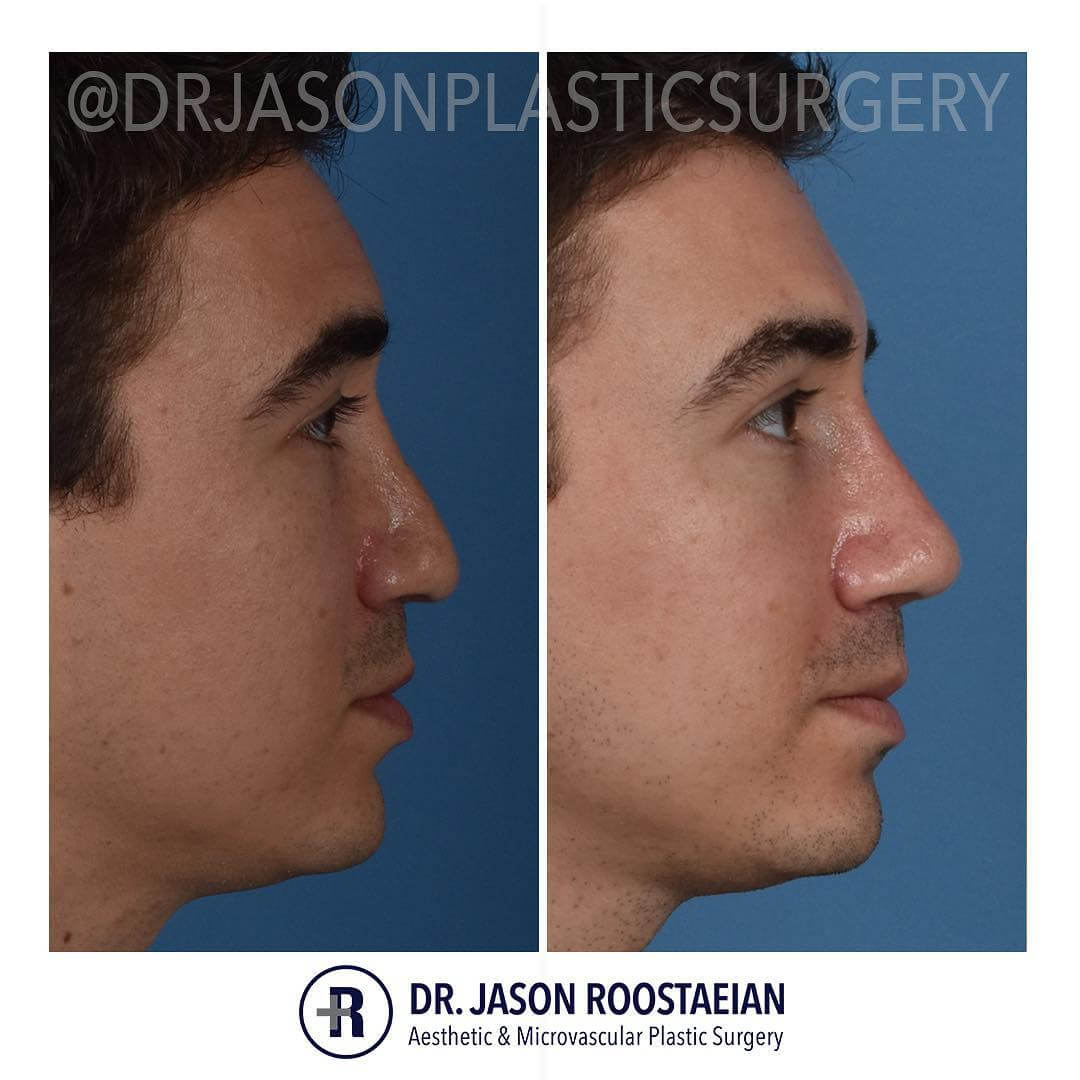
Eye twitches can be caused by many things, but most are not serious. Some people experience eye twitches from a lack in certain nutrients, such as magnesium or B12. These vitamins are found in spinach, avocados and salmon, as well as other foods rich in them. Eye twitching can often be avoided by taking the daily recommended amount of vitamins and mineral. Eye twitches may also occur due to stress or nutritional deficiencies.
Botulinum toxin
Blepharospasm can be a condition where the eyelids are not closed involuntarily. It has no known cause and can affect both eyes equally. It can be treated with Botulinum txin injections. Botox and Dysport are the brands that sell this toxin in Australia.
The toxin is FDA approved safe and can be injected without side effects. Eye irritation and discomfort are the most common side effects. The toxin may cause blurred vision or corneal damage. The temporary treatment is temporary and will last approximately 3 months. Patients are encouraged to use eye drops and an LED keyboard as part of their treatment.

Reducing stress
It is important to reduce stress, caffeine, and other factors that can cause eye twitching. Eye twitching could also be an indication of a medical condition such as essential blepharospasm and hemifacial spasm. These conditions can affect your vision and make it difficult for you to do everyday activities. Consult a doctor if the twitching gets too severe.
Fatigue and exhaustion are also causes of eye twitching. In addition to getting plenty of rest, you should take part in physical activity, such as yoga or brisk walking. Being hydrated is important, as well as engaging in stress-relieving hobbies. Avoid drinking soda or coffee as they can cause eye irritation. It is also a good idea avoid alcohol and caffeine consumption.
Natural treatments
There are natural remedies for eye twitching that can be done by simply splashing cold water on your eyes or turning away from electronics. You can also reduce eye stress by using the palming technique. Applying eucalyptus oil or warm water to your eyelids while you twitch your eyelids can also help. In addition to these tips, 8-10 glasses daily of water can help reduce eye twitching.
Another common reason for eye twitching is inflammation in the eyelids. Itchy, itchy eyes, crusty eyelids and burning sensation are some of the symptoms. It is possible to avoid blepharitis through good eye hygiene practices and avoiding eye strain. You should also avoid excessive rubbing of your eyes. To minimize inflammation, avoid contact with contact lenses and irritants.

Call an eye doctor
You may be wondering if calling an eye doctor can stop your eye twitching. If you suspect that your twitches may be caused by an underlying medical condition, it is best to seek professional treatment. In most cases, the condition will resolve by itself. In some cases, however, the twitches may be permanent. These cases should be taken to the eye doctor.
Eye twitching may be part of growing old, but it can also indicate something more serious. Consult a doctor immediately if your vision has become blurred or you have suffered a facial injury. Eye twitching is often not serious, but if it persists, you should visit a doctor.